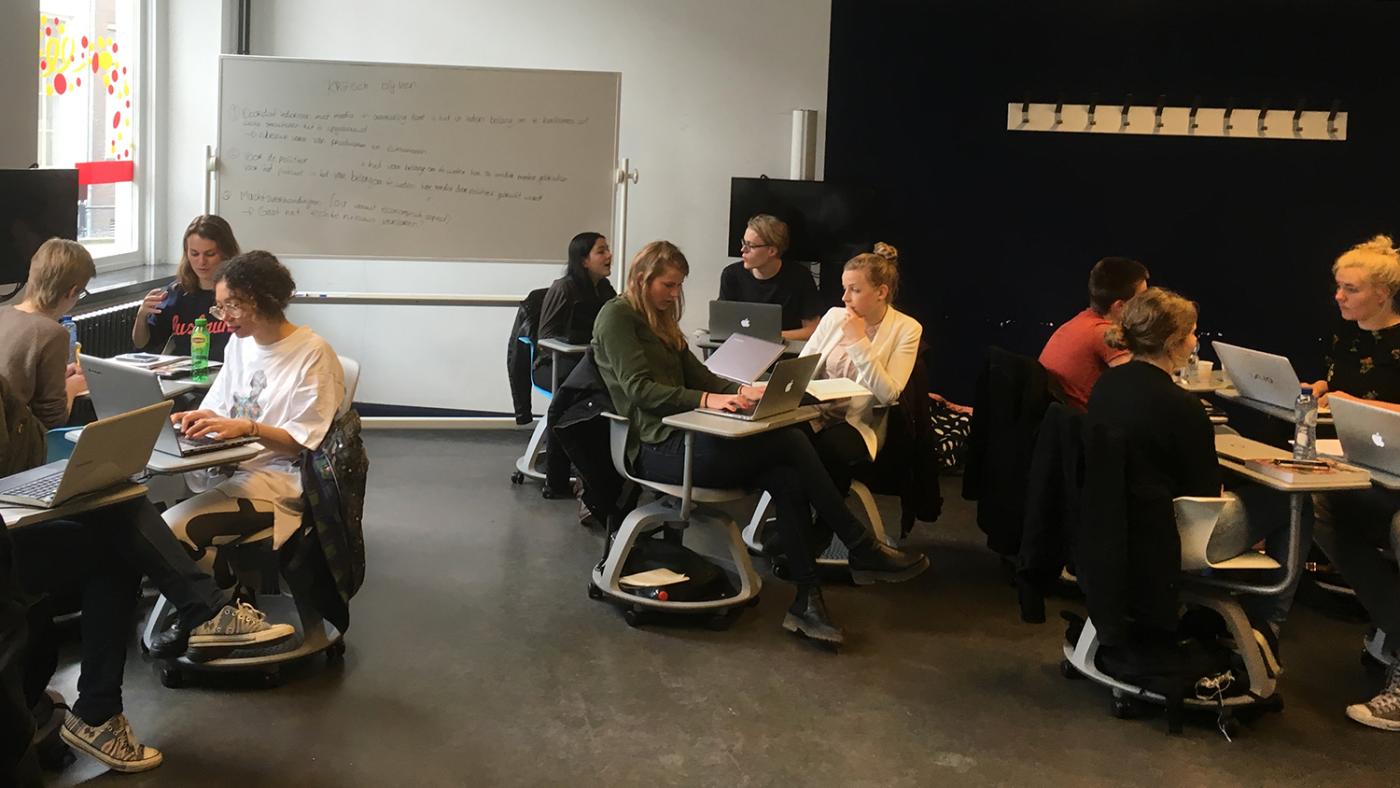Search for a place for disciplines
Humanities presents alternatives for discontinued programs

Prospective UU students will likely be able to choose a new interdisciplinary programme in Politics, Culture, and Religion starting in September 2026. The programme will focus on the relationship between religion and political and cultural issues, such as the current conflicts in the Middle East or secularisation in Europe.
In so doing, the faculty aims to give shape to the previously announced collaboration between the Religious Studies and Islam & Arabic programmes, according to an email sent to all staff members.
The two programmes are among the six that were told last fall that they would have to close. The faculty board must reduce its spending by about 13 million euros; hence, the focus on broader programmes that attract more students. At the same time, according to the faculty board, the knowledge and expertise of the staff serving in the discontinued programmes should not be lost.
Ultimately, Utrecht will formally retain the NVAO label for Religious Studies, but the staff of that programme will work closely with those of Islam & Arabic and other related disciplines in a new programme.
Celtic
A solution has also been found for another programme that was to be discontinued. The only Celtic programme in the Netherlands will now become a track within the English programme. In this case, too, they hope that interested students will be able to enrol as of 2026, but there are still some caveats. For example, it remains unclear whether students following the Celtic track will be able to meet all the learning outcomes of the English programme. A solution still needs to be found for this issue.
New students will be able to take fewer language-specific Celtic courses than a subcommittee initially advocated. The faculty board is following the advice of the BA Portfolio project group, which is responsible for shaping the renewal of the bachelor's programme in Humanities. The project group is concerned that this will place too much demand on staff and become too costly if lecturers cannot be deployed more broadly.
French, German, and Italian
The most complex puzzle is finding an alternative to the French, German, and Italian programmes, which are currently independent. There is a plan for a broad programme about 'Intercultural Communication Mediation' aimed at students who take an interest in cultural differences and want to learn how to collaborate and manage conflicts in different social and international contexts. Students will also take four courses in a modern language within the programme so that they have at least a passive command of the language at the B2 level.
The faculty board did not agree with the proposal to also offer a more in-depth variant within the new program. This included many more language-specific courses and requirements. According to the board, this would make the programme too similar to the current language studies, with the risk that interested students would drop out.
A follow-up committee will now develop the plans further. Among other things, this committee will have to investigate how this structure fits in with the national agreements to strengthen school subject languages and surrounding ideas.
The proposed programme will have to be approved by NVAO, which means that it will probably not be able to start until 2028 at the earliest. The faculty is investigating if a main track with the desired approach could already be launched in 2026 within the broad and interdisciplinary Language and Culture Studies programme.